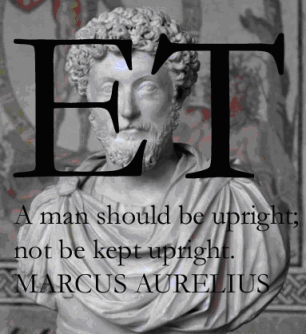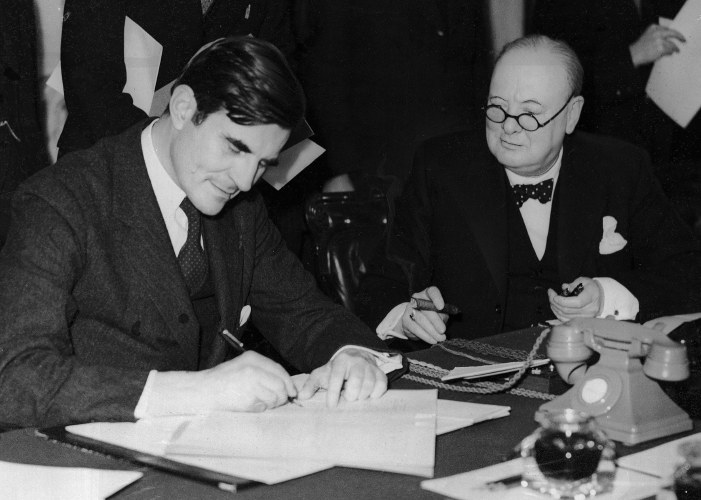While researching an organization, in preparation for a talk, I discovered that the group had a very strong ethics component in place. In fact, a recent situation proved that ethics was not only taken seriously, but critical to the credibility of the organization.

This caused me to ask a very basic question: “Why hire me to give a talk?”
Their answer: “We need constant reminders!”
During the last several months, it seeems, we’ve been bombarded by an unrelenting number of ethics scandals. From business to politics, religion to entertainment, our ethical infrastructure is in serious need of repair.
Many seem to feel that if we had more ethics codes, things would be very much different. This makes ethics teacher Michael Josephson’s recent commentary all the more important as well as timely.
“I’ve written dozens of codes for organizations, and have a healthy respect for their value as an element of corporate culture, but I wince at the unreasonable expectations attached to them.
“First of all, ethics codes don’t make people ethical. They don’t make bad people good. Nor do they make people with poor judgment wise. Ethics codes would not have prevented most of the bad behavior we’ve seen in recent years.
“You see, there are two aspects to ethics: Discernment – knowing right from wrong; and Discipline – having the moral willpower to do what’s right.
“A code defines what’s right and acceptable and imposes sanctions on those who don’t follow it. But unless a code reinforces an established ethical culture, it won’t do much to assure that people will do what’s right.
“It’s proper and prudent to clarify obligations under existing laws and to establish standards of conduct in areas not governed by law. In effect, ethics codes transform one perspective of a moral obligation into a binding rule.
“For example, it’s helpful to set clear parameters for using e-mail, private information, or company property; for hiring or doing business with relatives; and for accepting gratuities. In more complex cases, codes can mandate disclosure or certification and forbid or restrict transactions such as loans and reimbursements that could create real or apparent conflicts of interest.
“To the extent we need more clarity, we need more codes. To the extent we need more character, we need a lot more.”
We need constant reminders.
Comments
Leave a Comment












I would definitely agree that just because codes are in place it in no way means people will follow or apply them.
I think history has proven that very thing. People do what they want and apply only what fits their needs at that time. Reminders in any context are only helpful if we follow them. People who take the reminders to heart are most likely already following the counsel or code; those who need the reminder most likely are not. Who says a reminder is going to change someone’s heart? If they weren’t doing it already what will get them to apply these reminders?